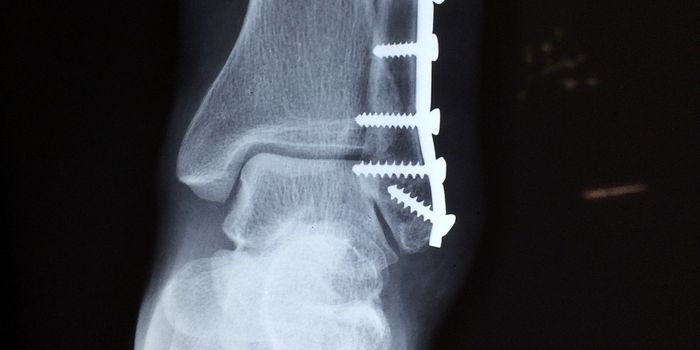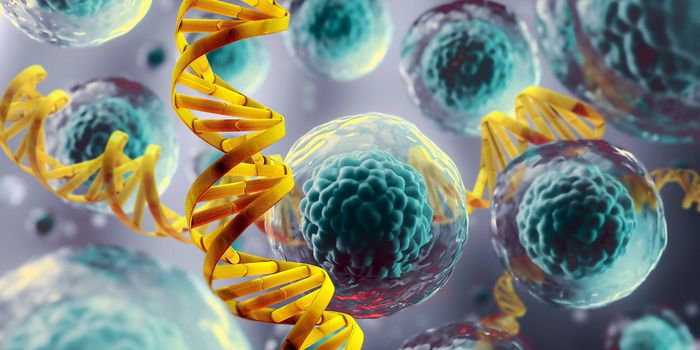Rewrite the Books: Retinoic Acid Does Not Trigger Meiosis
Cells in developing ovaries or testes support germ cells, which are central to sexual reproduction. These supporting cells are thought to send the signals that determine the fate of germ cells. One of those signals was thought to be retinoic acid. Germ cells create male and female gametes, which undergo meiosis. Meiosis is a special kind of cell division. Instead of faithfully replicating the genome of a cell and splitting the two copies perfectly in between two new cells, meiosis divides a cell to produce new cells with half of the original genetic material. This process is essential for sexual reproduction.
Diploid germ cells have two sets of chromosomes, and these cells yield haploid gametes (in females they're oocytes and in males they're spermatozoa). The gametes are then united into a diploid cell to give rise to an embryo. For many years it's been thought that a chemical derived from vitamin A, called retinoic acid, is essential to initiate meiosis in mammalian germ cells.
New research has indicated, however, that meiosis can start and proceed normally in mice without any retinoic acid. The findings, which will change reproductive biology, have been reported in two studies in Science Advances.
In one study (by Chassot et al), the researchers used a mouse model to delete genes that are involved in retinoic acid synthesis. These genes and their protein products were thought to be required for meiosis entry by promoting the activity of a gene called Stra8. When the genes were deleted, however, Stra8 expression was normal and meiosis proceeded in germ cells as usual.
In the other report (by Vernet et al), even though retinoic acid receptors were deleted from a mouse model, meiotic genes were expressed normally. When the mutant ovaries were transplanted into healthy mice, their viable offspring lacked retinoic acid receptors, showing that the germ cells remained intact even in the absence of retinoic acid signaling.
These studies show that we probably still don't exactly know how meiosis is initiated and that the search for molecules that control the start of meiosis in germ cells will continue.
Sources: AAAS/Eurekalert! via CNRS, Chassoet et al Science Advances 2020, Vernet et al Science Advances 2020








